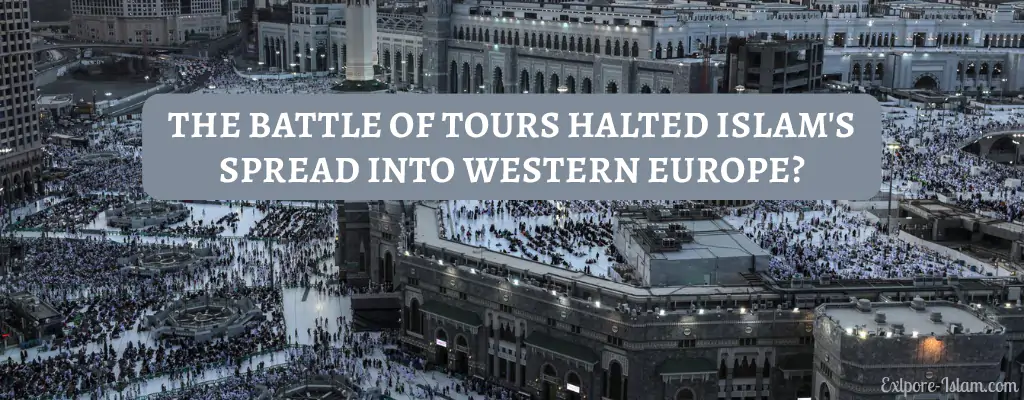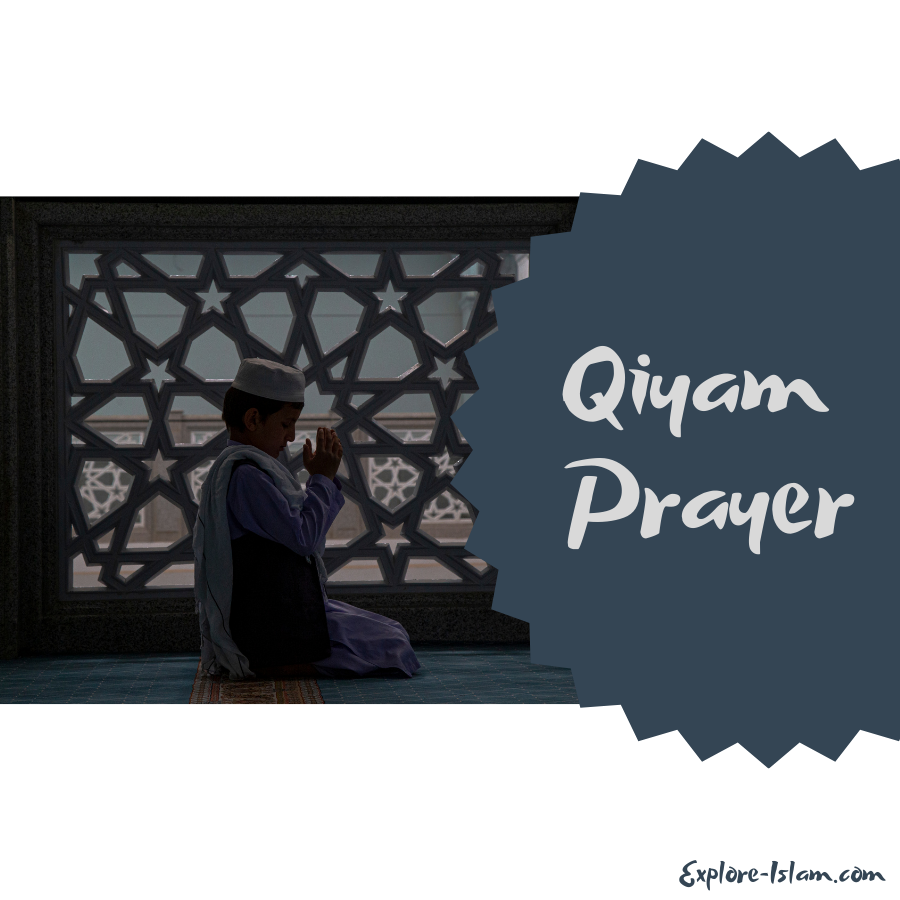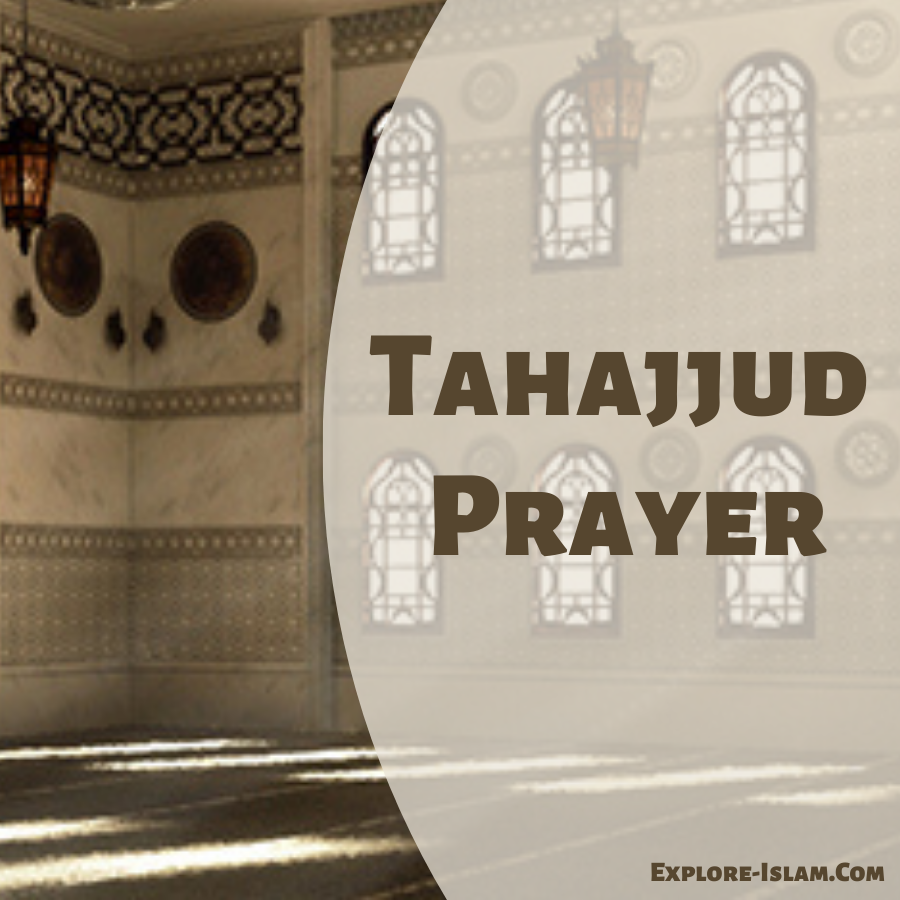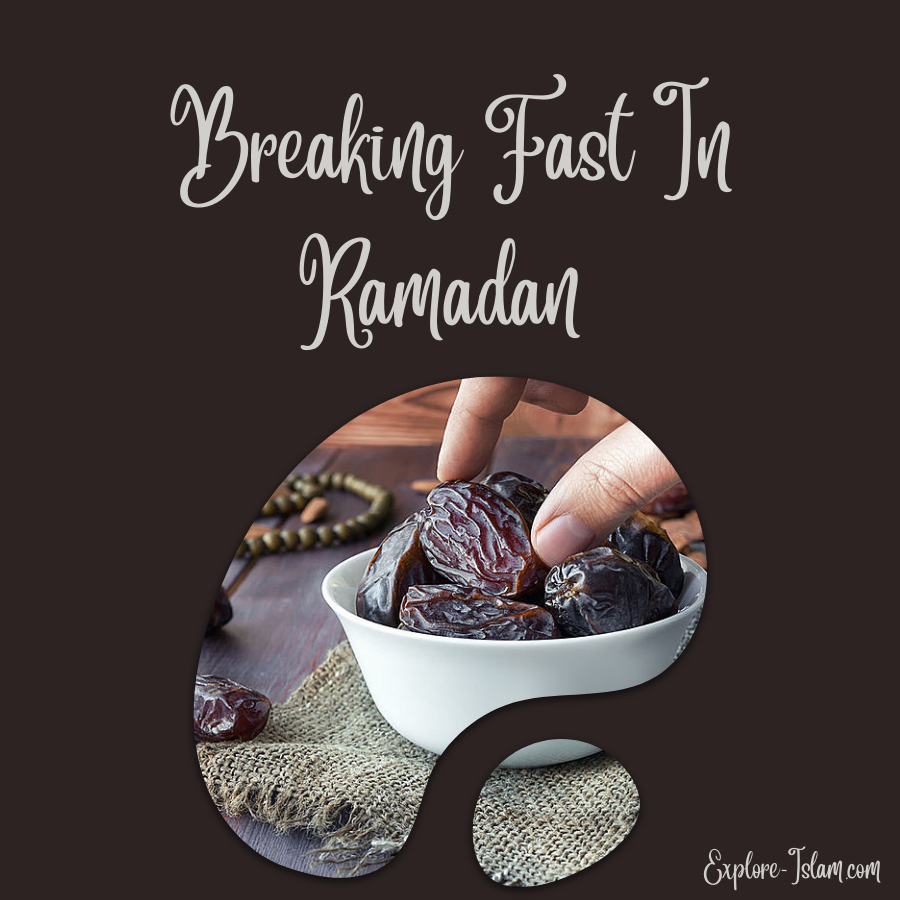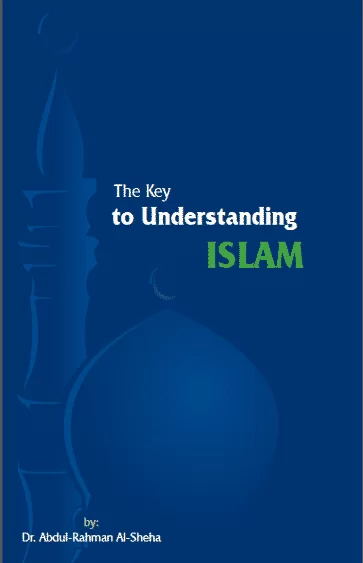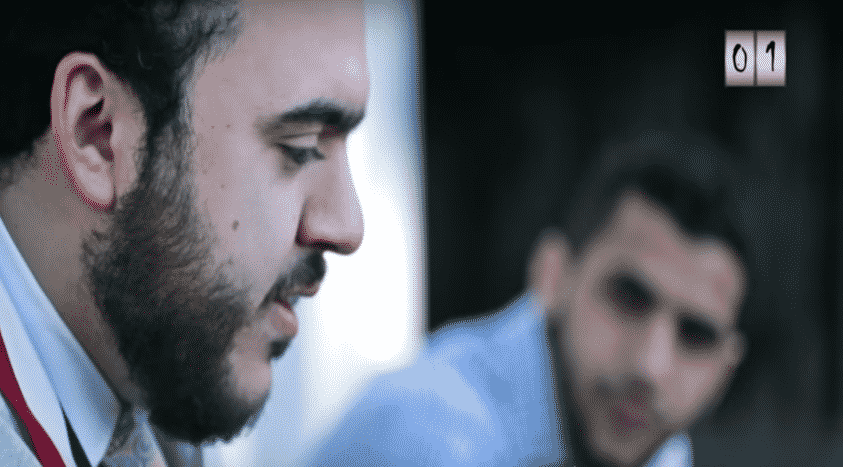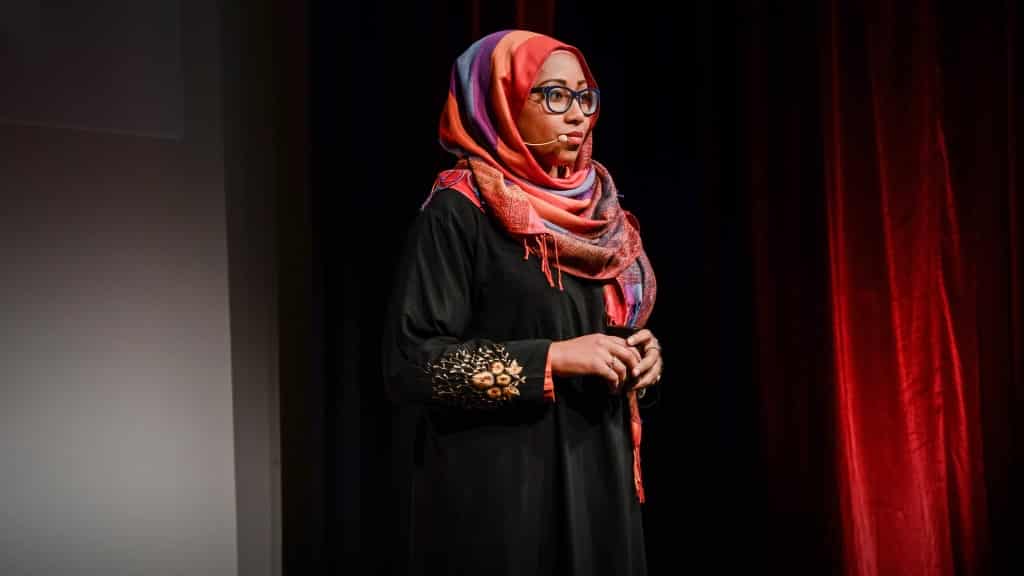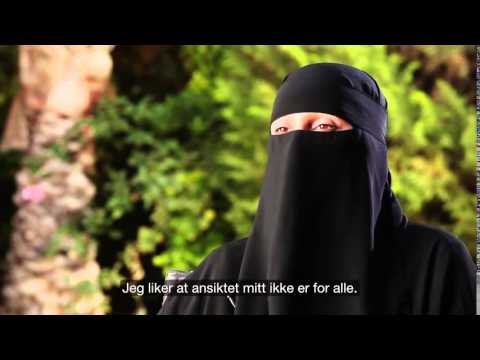The Battle of Tours, or more often “The Battle of Poitiers”, in 732 AD one of the most important decisive battles that the Islamic army fought was to spread Islam in Europe, specifically in France.
In this article, we will review the battles that the Islamic army fought in France and the details of this battle in particular, and finally an analysis of the Battle of Poitiers.
Here we will learn the following:
Before The Battle Of Tours Or Poitiers (Balat Al Shohadaa)
Ten years before the Battle of Tours, the Muslims entered Andalusia in the year (92 AH = 711 AD) during the reign of the Umayyad Caliph “Al-Walid bin Abdul Malik”, and they defeated the Gothic king. at the hands of the great conquerors Tariq bin Ziyad and Musa bin Nusayr, and from that time Andalusia became an Islamic state affiliated with the Umayyad Caliphate, and the governors and rulers succeeded one another, organizing its affairs and managing its conditions, and continuing the Islamic conquest beyond the Albert Mountains in France.
A few years had hardly passed since the conquest of Andalusia until the Muslims succeeded in conquering southern France and invading its states, which were known at that time as the Great Land or the land of Gaul, and the hero of these conquests was “Al-Samh bin Malik”, the governor of Andalusia, and he was a ruler with abundant experience, of sound mind, who succeeded in his governorship of Andalusia; he seized the reins of affairs, suppressed seditions and revolutions, and reformed the administration and the army.
Battle Of Toulouse
In one of his raids, Al-Samh bin Malik met the Frankish forces in Toulouse, and a huge battle broke out in which the Muslims showed great steadfastness despite their small numbers and displayed rare courage.
At a time when victory was swinging between the two sides, Al-Samh bin Malik fell as a martyr from his horse on (9 Dhu al-Hijjah 102 AH = 9 June 721 AD), so the ranks of the army were disturbed, its system was disrupted, and the Muslims retreated to “Septimania” after losing the best of their soldiers.
Following the martyrdom of Al-Samh bin Malik, Abd al-Rahman al-Ghafiqi took over the general command of the army and the governorship of Andalusia, until the Umayyad Caliphate considered and decided its opinion.
Al-Ghafiqi spent a few months organizing the affairs of the country and reforming matters until “Anbasa bin Suhaim al-Kalbi” took over the governorship of Andalusia in (Safar 103 AH = August 721 AD). He completed what Al-Ghafiqi had begun in terms of reform plans, organizing the affairs of his governorship, and preparing to continue the conquest.
When he was able to do so, he marched with his army in late 105 AH = 724 AD, and completed the conquest of the region of Septimania. He continued his march until he reached the city of “Autun” in the upper Rhone River, and extended his authority in eastern southern France.
During his return to the south, large groups of Franks attacked him, and he was in a group of his army; he was wounded in this battle before the rest of his army came to his aid. He then died shortly after in (Sha’ban 107 AH = December 725 AD). After his death, the conquest stopped and Andalusia was preoccupied with seditions and revolutions. The six governors who succeeded one another in Andalusia did not succeed in restoring calm and order to it and controlling the reins of affairs, until Abd al-Rahman al-Ghafiqi took over the affairs of Andalusia in the year (112 AH = 730 AD).
The Governor Of Andalusia Abdul Rahman Al-Ghafiqi
Abdul Rahman Al-Ghafiqi was not new to the country’s conditions, indeed, its tasks after the martyrdom of Al-Samh bin Malik, and he knew its conditions and experience.
Al-Ghafiqi was a just ruler capable of managing the affairs of his state, and historical accounts agree on his noble qualities, and praise his successor, so Andalusia welcomed his leadership and his policy, and it was not strange that the soldiers loved him for his gentleness and softness, and the Arab tribes agreed and stopped their revolutions, and harmony prevailed in the administration of the state and the army.
But this system and stability that came to Andalusia were refined by the movements of the Franks and the Goths, who prepared to attack the Islamic sites in the north. Al-Ghafiqi could not ignore this, for he was a man of great faith, and he wanted to erase the defeat of the previous battle, so he announced his intention to invade.
Aquitaine Battle
The route of the march of Abd al-Rahman gathered his soldiers in “Pamplona” north of Andalusia, and crossed with them in the early years of the year (114 AH = 732 AD) the Albert Mountains and entered France (Gaul).
He prepared to go south to the city of “Aral” located on the Rhone River; Because of its refusal to pay tribute and its exit, he paid his obedience, so he conquered it after the Battle of Al-Muttaqin, then he moved west to the Duchy of Aquitaine, and achieved an important victory on the banks of the Dorone River, and Duke Odo was forced to retreat with his forces towards leaving his capital “Bardal” (Bordeaux) for the Muslims to enter as conquerors, and the state of Aquitaine became in the grip of water resistance.
Al-Ghafiqi went towards the Loire River and headed to the city of Tours, the second city of the duchy, where there was the Church of Saint Martin, which was very famous at the time; so the Muslims stormed the city and took control of it.
The Battle Of Tours Or Poitiers (Balat Al Shohadaa)
The commander of the Muslims in the battle was the follower and governor of Andalusia, Abdul Rahman Al-Ghafiqi, who went out with an army under the banner of Islam heading to conquer France since the conquest of Andalusia, which caused tension in the European continent, which rose up after the Muslims subjugated the southern half of France to their control within a few months.
The Frankish leader Charles Martel called for standing up to the Muslims, so he gathered a huge army from Europe that exceeded the number of Muslims by several times.
The battle site chosen by Charles Martel prevented the Muslims from knowing the real number of the Frankish army because it was stationed in a high area full of trees.
The Two Armies Met And The Battle Began Near The City Of Poitiers
The Muslim army had finished its advance to the plain between the cities of Poitiers and Tours after seizing the two cities. At that time, Charles Martel’s army had reached the Loire River without the Muslims noticing its arrival.
When Al-Ghafiqi wanted to storm the Loire River to meet his opponent on its right bank before he had completed his preparations, Martel surprised him with his massive forces that outnumbered the Muslim army. Abd al-Rahman was forced to return to the plain between Poitiers and Tours. Charles crossed the Loire River with his forces and camped with his army a few miles from Al-Ghafiqi’s army.
The two armies met near the city of Poitiers in southern France, twenty kilometers away, in an area known as Al-Balat, which means – in the Andalusian language – a palace or fortress surrounded by gardens. This battle was called the Martyrs’ Palace, due to the large number of Muslims who were martyred in it. The fighting began and continued for nine days according to most of the prevailing sayings, and the first days of the battle passed without any advantage being given to either side, despite the courage and bravery shown by both sides.
Frankish Attack On Muslim Families And Spoils
On the tenth day, the Muslims took advantage of the fatigue and exhaustion that had afflicted the Frankish army, and launched a campaign against them, through which they were able to open a gap in the army’s ranks, and the signs of victory appeared, had it not been for Charles Martel sending forces that attacked the rear of the Muslim army, where the spoils and families of the fighters were located.
Many Muslim fighters left their positions and rushed to defend their families, which caused confusion and chaos in the army’s ranks. Abdul Rahman Al-Ghafiqi tried to gather his forces and avoid danger, but an arrow hit him and he fell dead.
The Muslims waited until night fell and withdrew to Septimania, leaving their belongings and most of their spoils as spoils for the enemy.
When morning came, the Franks rose to continue the fight, but they did not find any Muslims, and they found nothing but silence that prevailed in the place, so they advanced cautiously towards the tents, perhaps there was a trick in the matter, but they found them empty except for the wounded who were unable to move; so they slaughtered them immediately, and Charles Martel was satisfied with the withdrawal of the Muslims, and did not dare to pursue them, and returned with his army to the north from where he came.
Analysis Of The Battle And The Reasons For The Defeat
There were many reasons that led to this result, some of which we mention:
- The Muslims traveled thousands of miles without returning to Andalusia again.
- The continuous and successive battles in France without rest in time exhausted the Muslim army.
- During all these battles, the Muslim army did not receive any reinforcements or support.
- The decisive point in the battle was the Franks’ attack on the rear of the Muslim army from the side of families and spoils in a desperate attempt by the Frankish army when they saw that defeat was very close, which led to confusion and division of the ranks of the Muslims army.
The stories exaggerate the story of the spoils and that the Muslims’ keenness on the spoils was the reason, not the families or anything else. We have not seen in Islamic history, in the Islamic conquests and battles, such intense keenness on the spoils and carrying them with them wherever they went at the expense of religion, lives and families.
Rather, they traveled thousands of miles, risking their lives and families, in order to spread Islam and make all people aware of this great religion and its tolerant teachings, which they knew nothing about. If the matter were like this, as they claim, the Muslims would have been keen to carry the spoils with them when they withdrew at night after the killing of their leader, at a time when the same stories mention that the Islamic army left the tents set up and the spoils in their places!.

